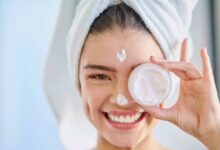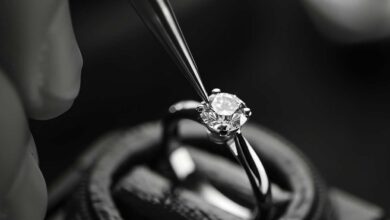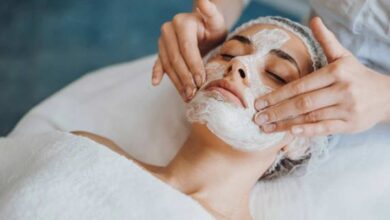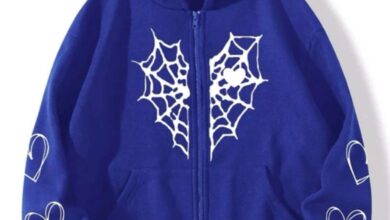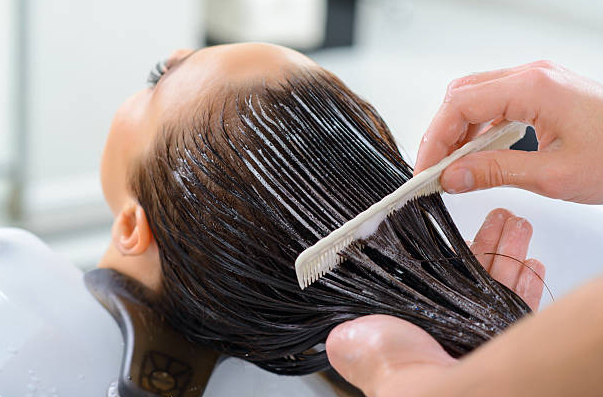
Yes, keratin hair treatment might weaken your hair if there is no proper aftercare. Keratin alone is not bad for hair, but the associated chemicals and heat might damage the shafts. This makes it crucial to put a wholesome haircare regime that keeps the locks hydrated, nourished, and damage-free.
Everything that goes into a keratin process
Keratin is a structural protein naturally found in hair. Exposure to external aggressors, heat, and UV, gradually depletes the protein overtime, creating gaps in the hair shaft and increasing porosity. As a result, frizz takes over, due to humidity and the individual strand’s inability to hold moisture. A professional keratin treatment is an elaborate process involving heat to seal the protein to the gaps or holes in the hair strands.
The semi-permanent hair straightening treatment includes keratin protein and formaldehyde or glyoxylic acid. The damaging effect of keratin stems from a combination of factors like added chemicals, heat treatment, and lack of proper care. The formaldehyde derivative in the solution is used as it breaks the bonds in the hair and reseals it for a straighter look.
Weakening of hair strands after keratin treatment
Several instances lead to the weakening of the hair strands. Here are a few reasons that might weaken hair after keratin therapy.
Exposure to high-heat
The process involves the application of the keratin formula followed by heat sealing the protein to the strands. The hair is exposed to around 400°F which enables cross-linking of the hair links and sealing the keratin. Hair with high porosity is prone to damage as the heat causes drying of the strands. For people with thin and brittle hair, it often leads to hair breakage.
Use of formaldehyde in the solution
Most of the keratin formula consists of formaldehyde, a potent chemical for breaking hair bonds. It is known to open the hair cuticles, alter the bonds, and reseal the same to create pin-straight hair. During the process, it subjects hair to oxidative stress, possibly leading to hair breakage. Apart from negatively impacting hair, formaldehyde might cause scalp allergy, itchiness, and skin rashes.
Frequent or excess use of keratin treatment
Anything used in excess is damaging, as with keratin hair treatment. The chemical formula is loaded with protein and might lead to excessive accumulation if used frequently. As a result, it makes the hair shaft stiff and rigid, contributing to its brittle texture. More protein build-up creates an outer layer, stiffening the hair strands and leading to its breakage.
Too much reliance on heat styling
The hair can only take so much in regards to chemical treatments and styling. After exposing the hair to keratin treatment, it is crucial to give time for the hair to reset and relax before using styling tools. Manipulating hair, using too many products, or heat styling tools after treatment often weakens hair and leads to breakage. The hair is fragile after chemical processing and needs time to build its strength.
Keratin Treatment Demands Intensive Aftercare
There is no denying that the hair is vulnerable and fragile after a chemical treatment. This demands an intensive and thorough haircare regime to strengthen tresses and prevent hair breakage. Not only aftercare, but it is best to go for the treatment with healthy and strong hair. Work on improving hair quality and decreasing porosity before opting for keratin therapy to minimize damage. This reduces heat damage and works on improving hair strength.
After the treatment, using the right hair care products plays a pivotal role. Use keratin-friendly shampoo and conditioner to fortify strands with the essential nutrients. Weekly deep conditioning also helps in strengthening hair and repairing the damage. Overall, this helps in reducing the damage and prevents weakening of hair.

